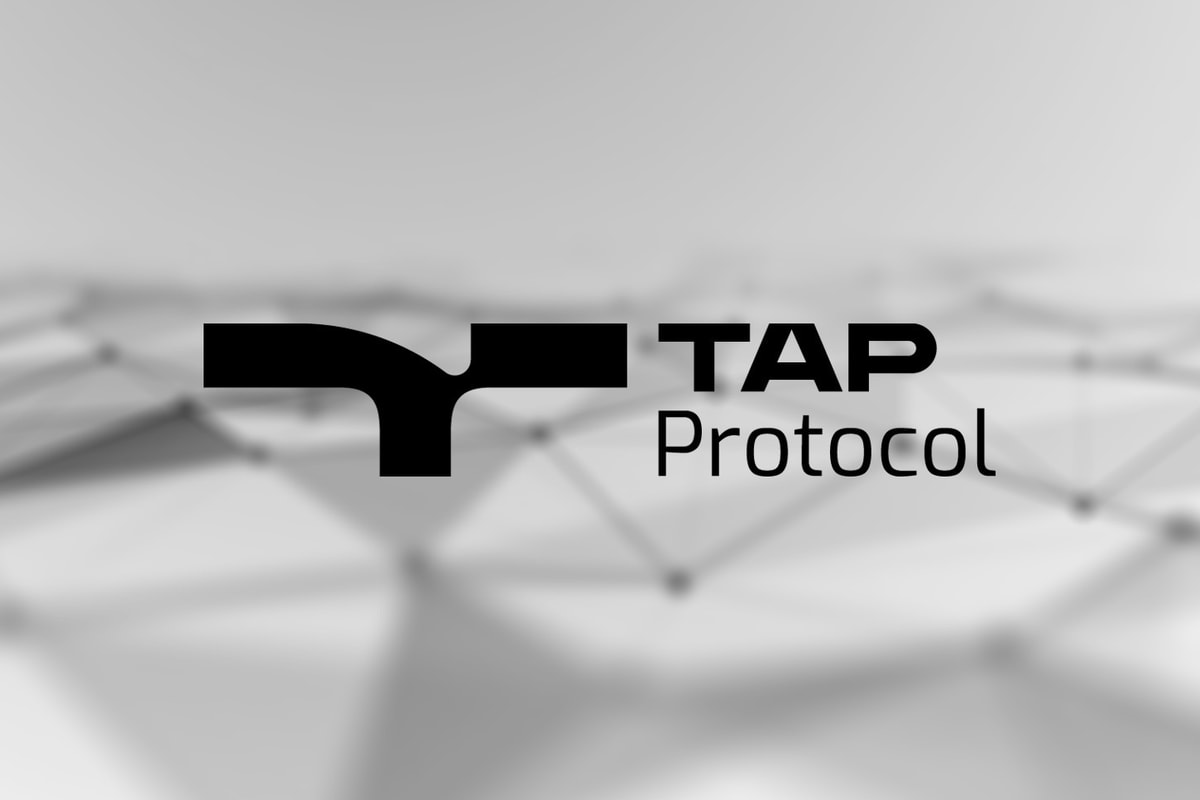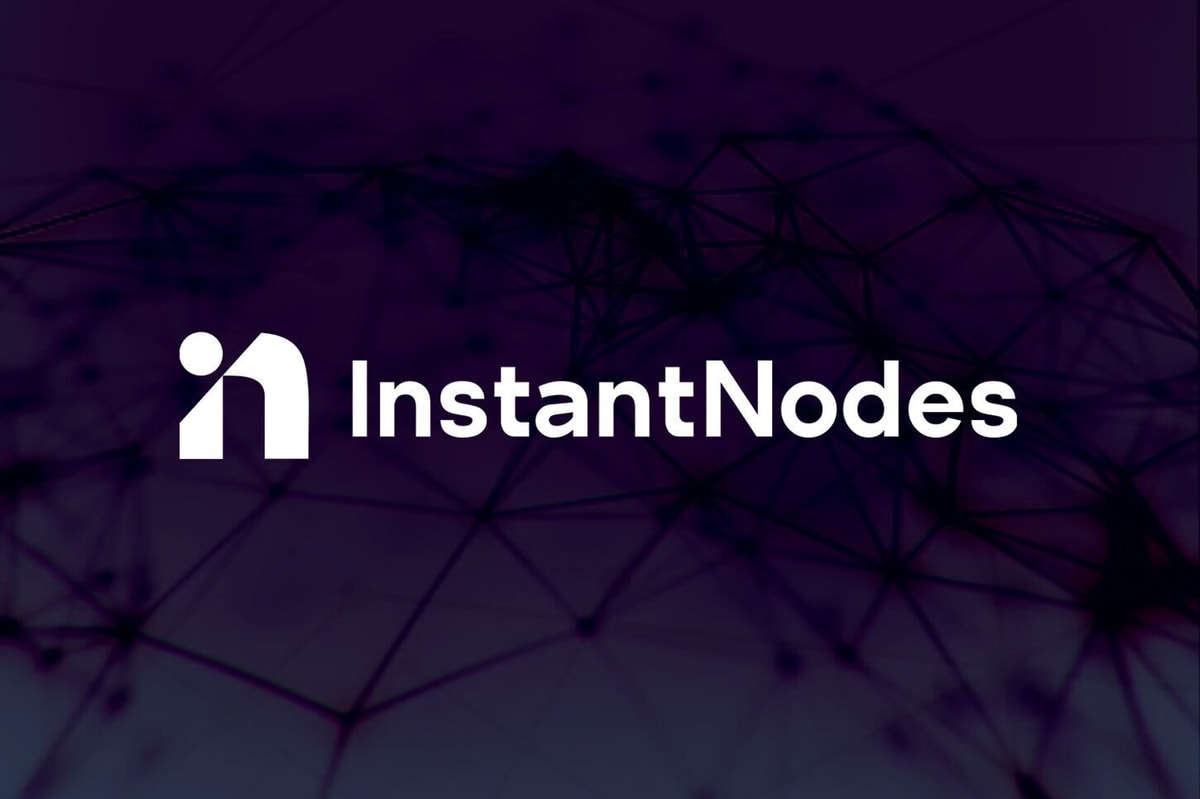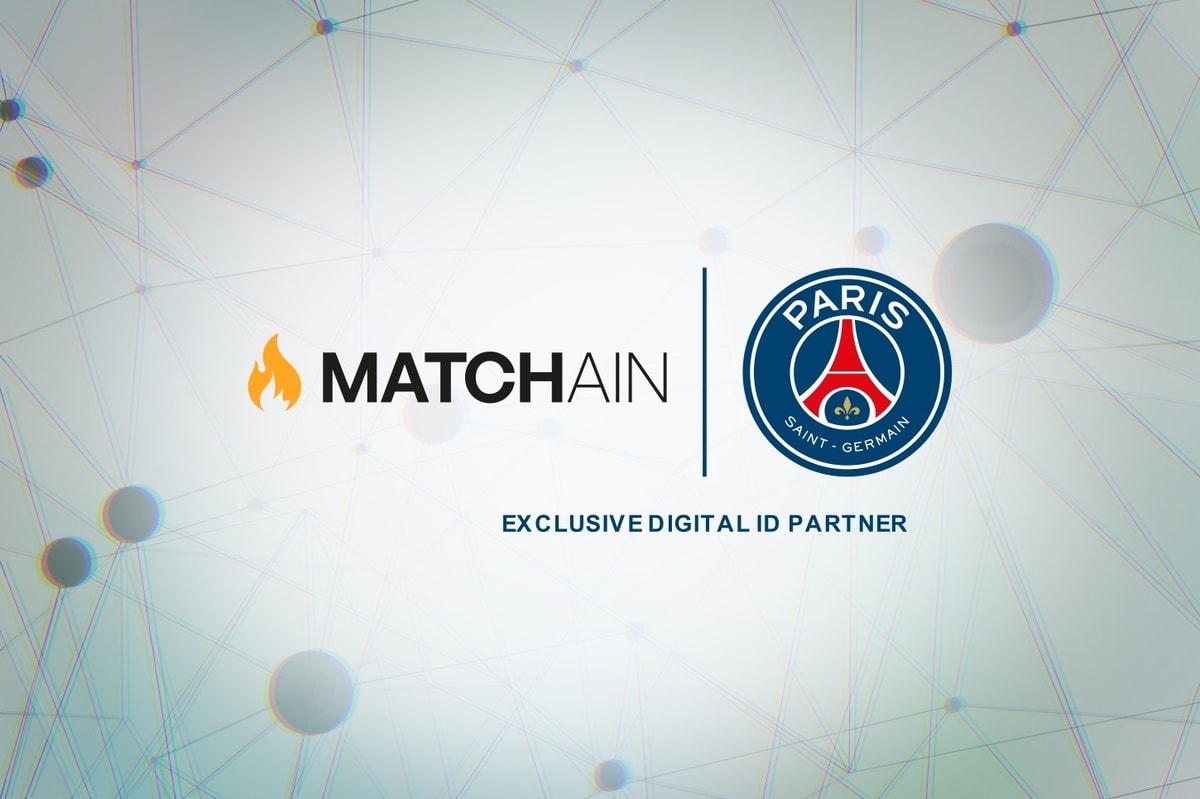O3 Swap is a cross-chain aggregation protocol that achieves cross-chain transactions of native assets by deploying aggregators on main decentralized exchanges of different chains and establishing the cross-chain pool with Poly Network. Ethereum, Binance Smart Chain, Huobi Eco Chain (HECO) and Neo are currently implemented in the cross-chain transaction. O3 Swap has accessed several DEX protocols across chains and aggregated their liquidity to realize multi-chain asset swaps. According to the project roadmap, it will expand to Polygon, Solana and other mainstream Ethereum layer-two ecology in the future.
Cross-chain demand and implementation
Cross-chain demand
Cross-chains have been a big topic for a while and many believe it is a great track for the future. With the development of the decentralized finance industry, more potential public chains are applied in layer one. As a result, the demand for on-chain asset transfer would gradually increase, and cross-chains naturally attract more attention.
At present, the demand for cross-chains is mainly included under the following categories:
- Moving arbitrage: This is similar to arbitrage between different exchanges. Some projects choose to deploy protocols on multiple chains, and for some projects with less liquidity (fewer or no listings on centralized exchanges and less volume or liquidity on the same chain), there is usually a large spread when they first start deploying on other chains.
- Yield farming transfer: This part of the cross-chain transfer is mainly for mainstream assets such as Bitcoin, Ethereum and various types of stablecoins. First, Bitcoin (BTC) is converted or wrapped to the ERC-20 token, that is Wrapped Bitcoin (WBTC), by various cross-chain protocols, thus releasing liquidity to participate in DeFi. As Ethereum’s DeFi profiteering period disappears, the assets yield including Bitcoin and Ethereum among others gradually decreases (from several hundred points APY to now generally below ten points). But other emerging chains such as BSC and HECO still have relatively high yield returns for these assets, thus creating the demand for transferring these assets across to other chains to participate in yield farming.
- Ether’s (ETH) gas fee is too high for small funds and retail investors. Other cheaper chains become the alternative option.
- Others: For example, replenishing positions and participating in various new activities.
Cross-chain implementation
Cross-chain protocols currently deploy liquidity on different chains and allow users to initiate a cross-chain application to trigger liquidity changes in different chains, eventually realizing a decrease in users’ assets on one chain and an increase in assets on the target chain.
For example, a user deposits assets to the chain A contract, and subsequently, the chain B contract receives it and withdraws the same amount of assets to the user’s address.
However, most of the current cross-chain protocols are in a certain type of bridge, such as exchanging Tether (USDT) on different chains. There are fewer protocols supporting native assets between heterogeneous chains, such as Ether to Binance Coin (BNB).
Cross-chain exchange — O3 Swap
The O3 Labs team has worked hard on innovative explorations of cross-chain transactions. It is the first to use the method of the cross-chain pool to connect different liquidities of assets on the chain. This allows users to exchange cross-chain assets without asset deposit and withdrawal, which greatly reduces the threshold for user operations or transactions.
Cross-chain pool
We’ve built several new and improved cross-chain pools with Poly Network. It pools several different assets from different networks in one place and enables users to freely exchange assets between supported chains such as Ethereum, BSC and HECO. The first is a stablecoin pool: USDT (ERC-20) + BUSD (BEP-20) + HUSD (HRC-20). The second is an ETH Pool: WETH (ERC-20) + ETH (BEP-20) + ETH (HRC-20). Lastly, the third is a BTC Pool: WBTC (ERC-20) + BTCB (BEP-20) + HBTC (HRC-20). Users can freely swap tokens within these three chains. On the other hand, by adding liquidity to the cross-chain pool, users can stake their liquidity provider to earn O3 rewards.
Cross-chain trading route
The current cross-chain approach comprises two main types. This article focuses on the second one.
Cross-chain via a centralized exchange
Transferring through a centralized exchange is relatively simple and does not require much knowledge about DeFi. Since this method involves multiple deposits and withdrawals, it can be slow, costly and may encounter different rules and restrictions (or even withdrawal suspension) on different exchanges. In addition, it requires the user to have a registered account based on local laws.
For example, user A wishes to transfer BNB (BEP-20) on the BSC to Huobi’s stablecoin, HUSD (HRC-20) on HECO. The operation is as follows:
- Top up BNB to the Binance exchange from the BSC mainnet (after paying BNB as the gas fee).
- Exchange BNB to USDT on Binance.
- Request a withdrawal from Binance to Huobi (after paying the withdrawal fee charged by Binance).
- Exchange USDT to HUSD on Huobi.
- Withdraw HUSD from Huobi to the user’s HECO wallet (after paying the withdrawal fee charged by Huobi).
Cross-chain via decentralized protocols
Cross-chain protocols are possibly the most respected approach. This approach does not require having an account on any centralized exchange and is done entirely using the user’s own wallet. As basic DeFi knowledge is required, it is faster than the first approach (because of fewer transaction operations and almost no audit processes). The cost depends on the chain congestion level.
Compared to the previous example, in O3 Swap’s decentralized route, we provide a one-step cross-chain trading experience via our aggregators and cross-chain pool. Users can complete the cross-chain transaction with a single click.
- Connect the user’s BSC wallet and swap BNB for BUSD via the O3 aggregator.
- BUSD will be automatically exchanged for HUSD in our cross-chain pool.
- Receive HUSD on the HECO wallet.
Development updates
O3 Swap currently supports Ethereum, BSC, HECO and Neo cross-chain transactions. Our vault has already supported ERC-20, BEP-20 and HRC-20 token staking and liquidity mining. The total value locked in O3 Swap’s pools has surpassed $700 million and our cross-chain daily volume surpasses $60 million.
From Q2 to Q3, O3 Swap’s aggregation protocol and cross-chain pool will prepare to integrate Polygon and its popular DeFi projects for a superior cross-chain trading experience. On the other hand, supporting potential layer-two solutions is also our focus in the following months.











